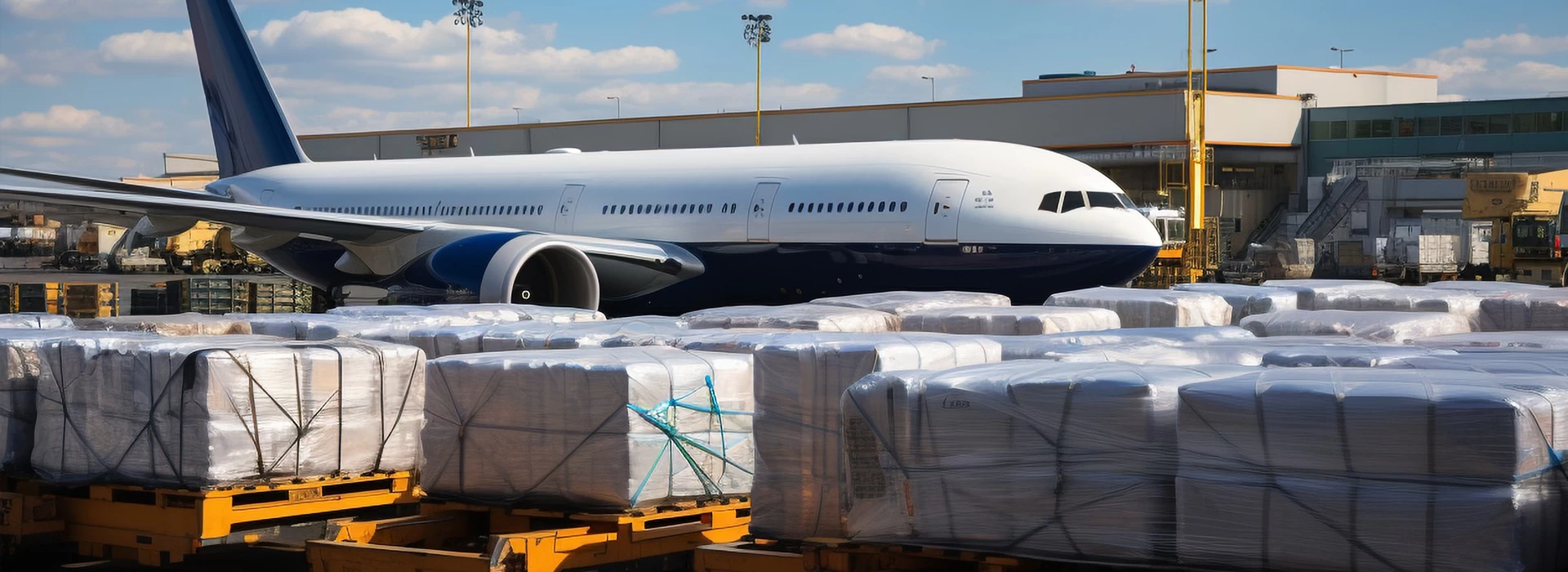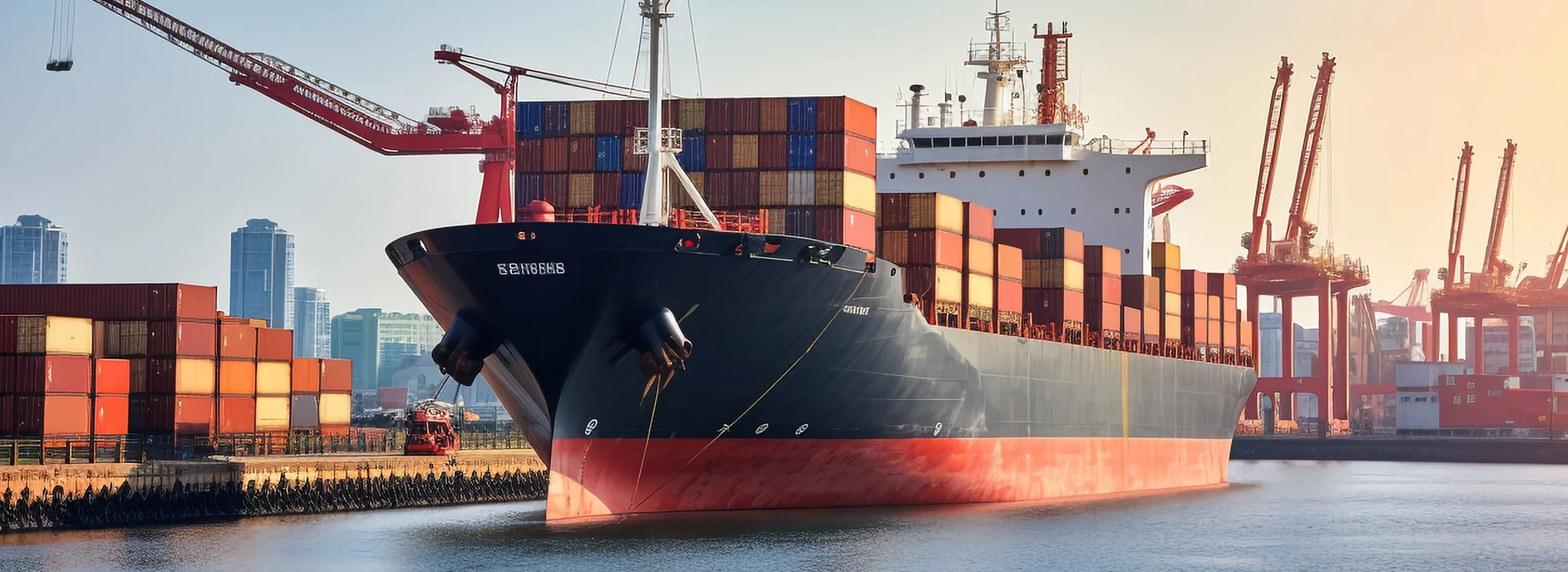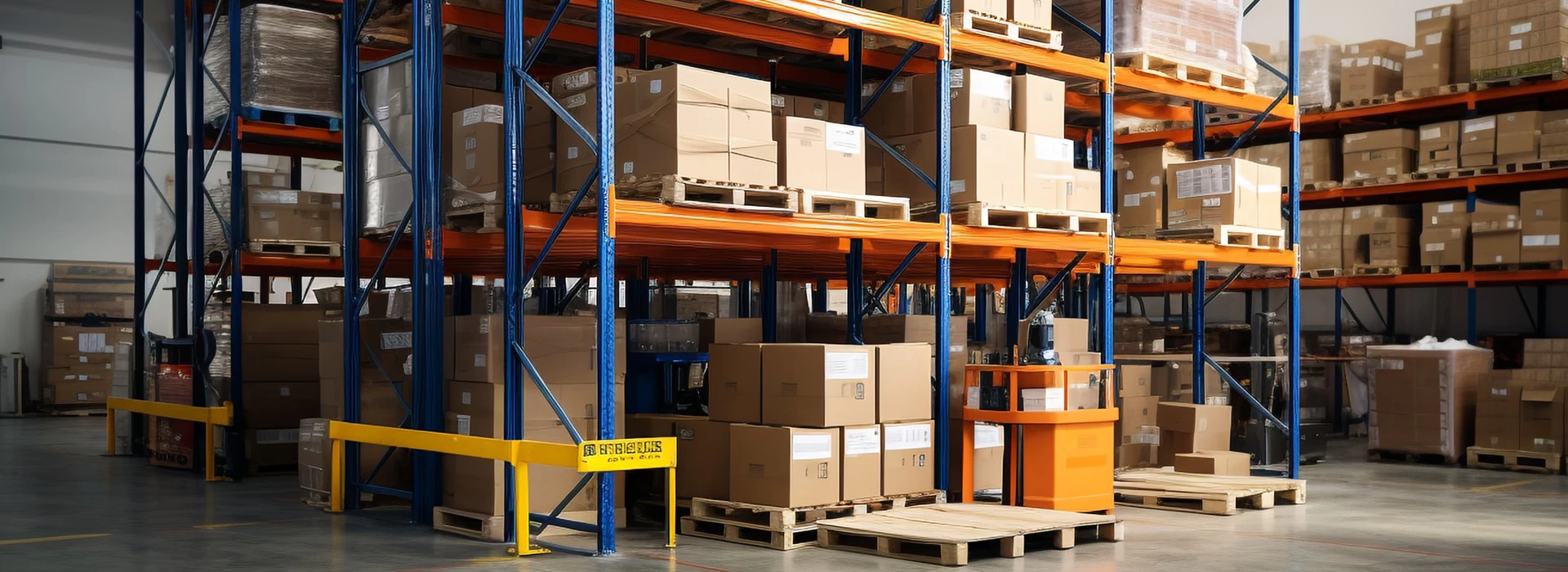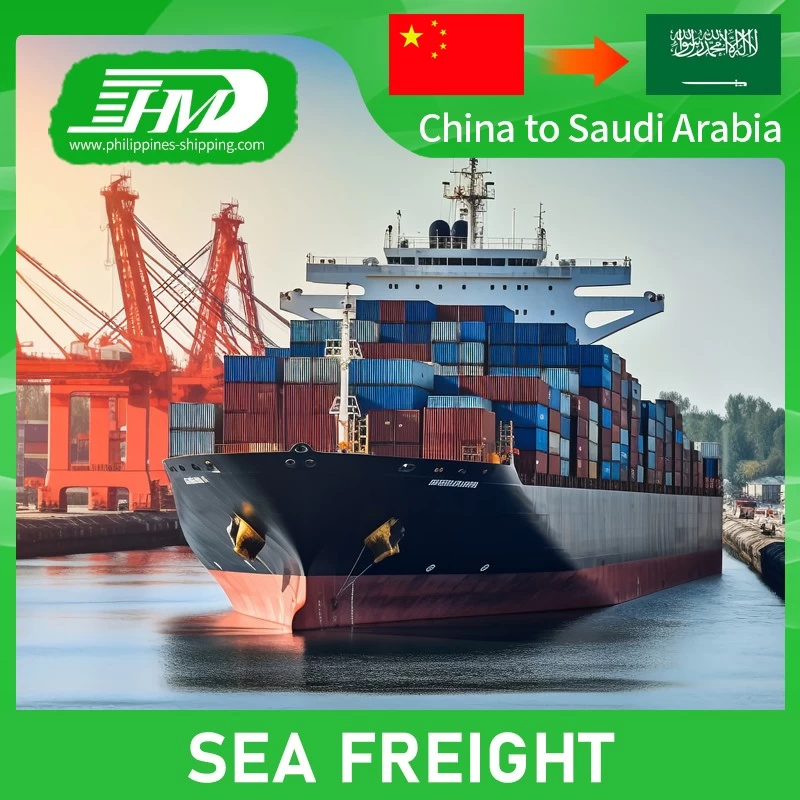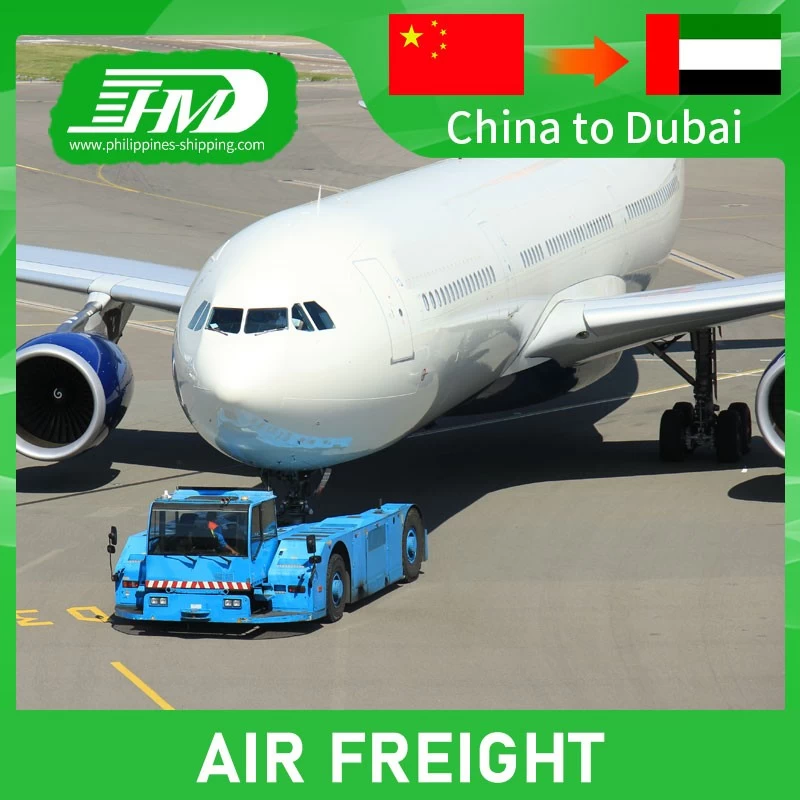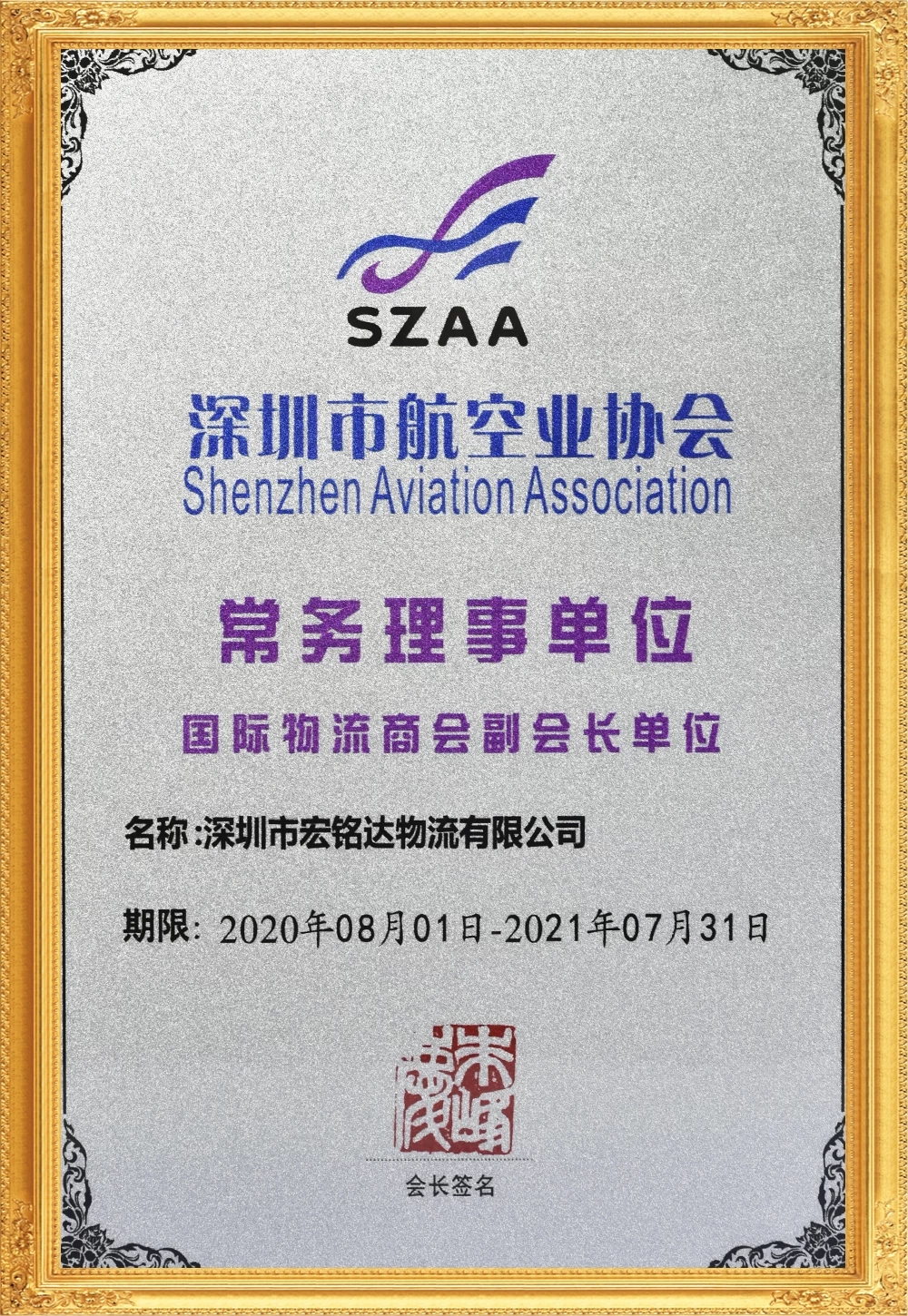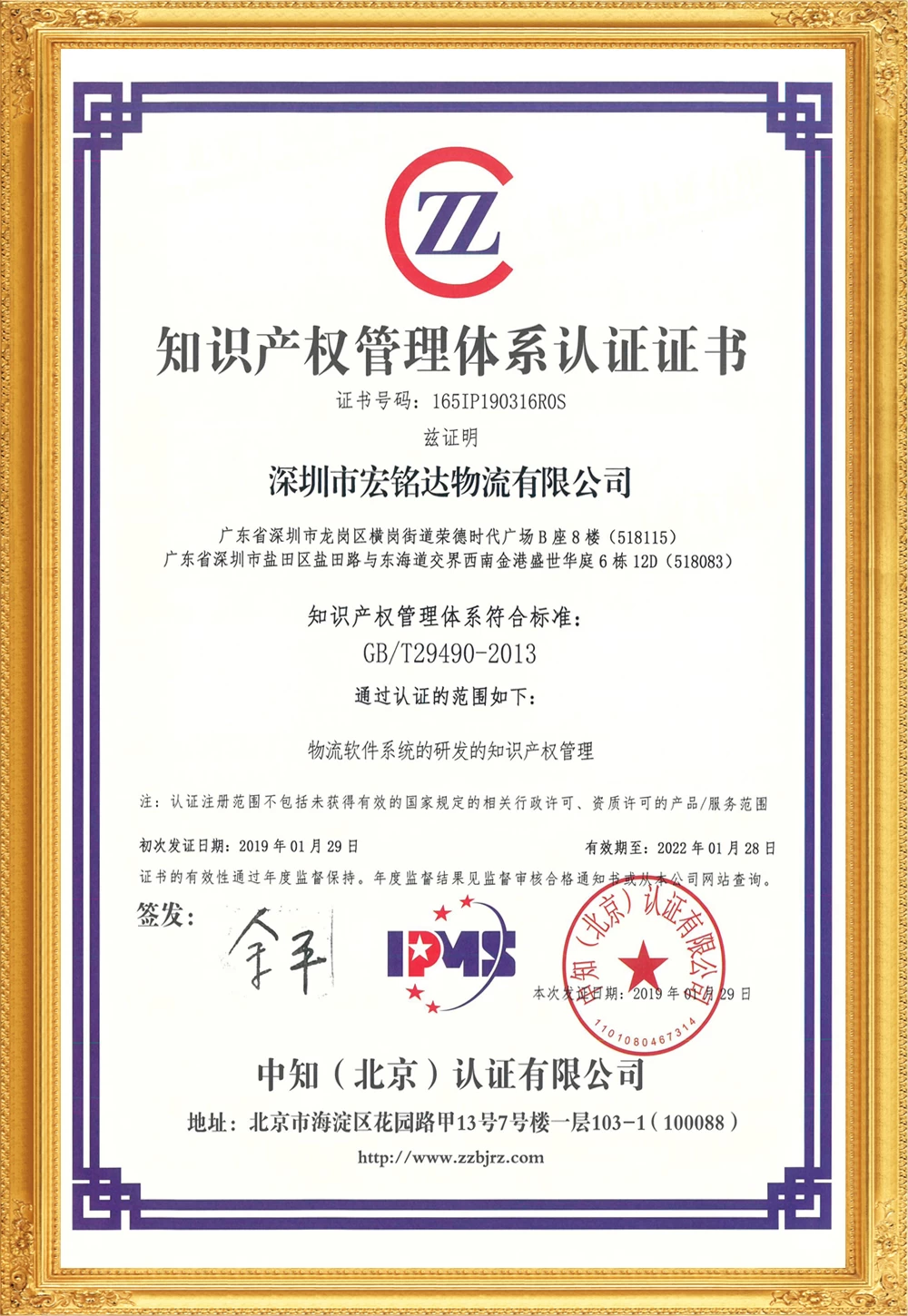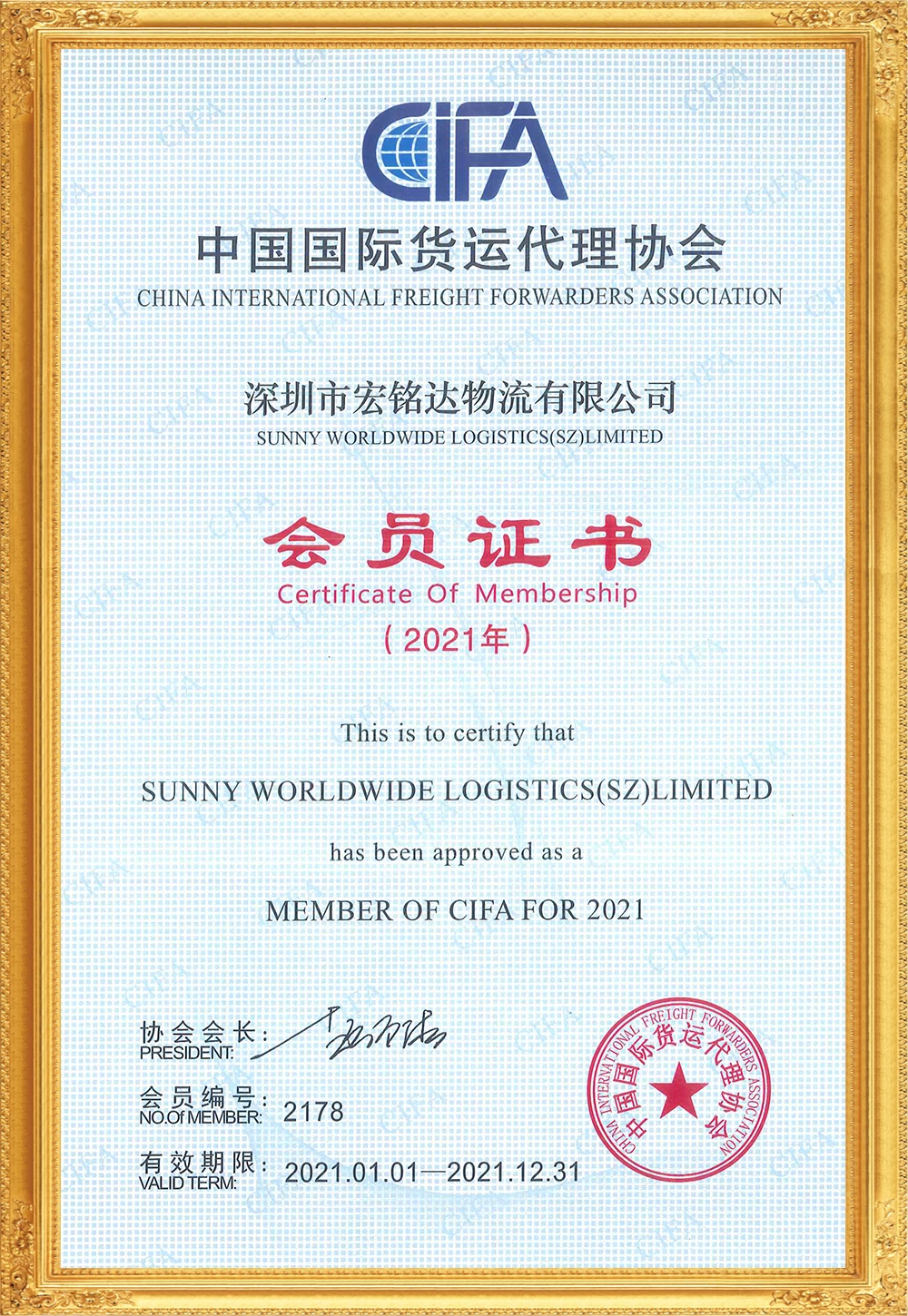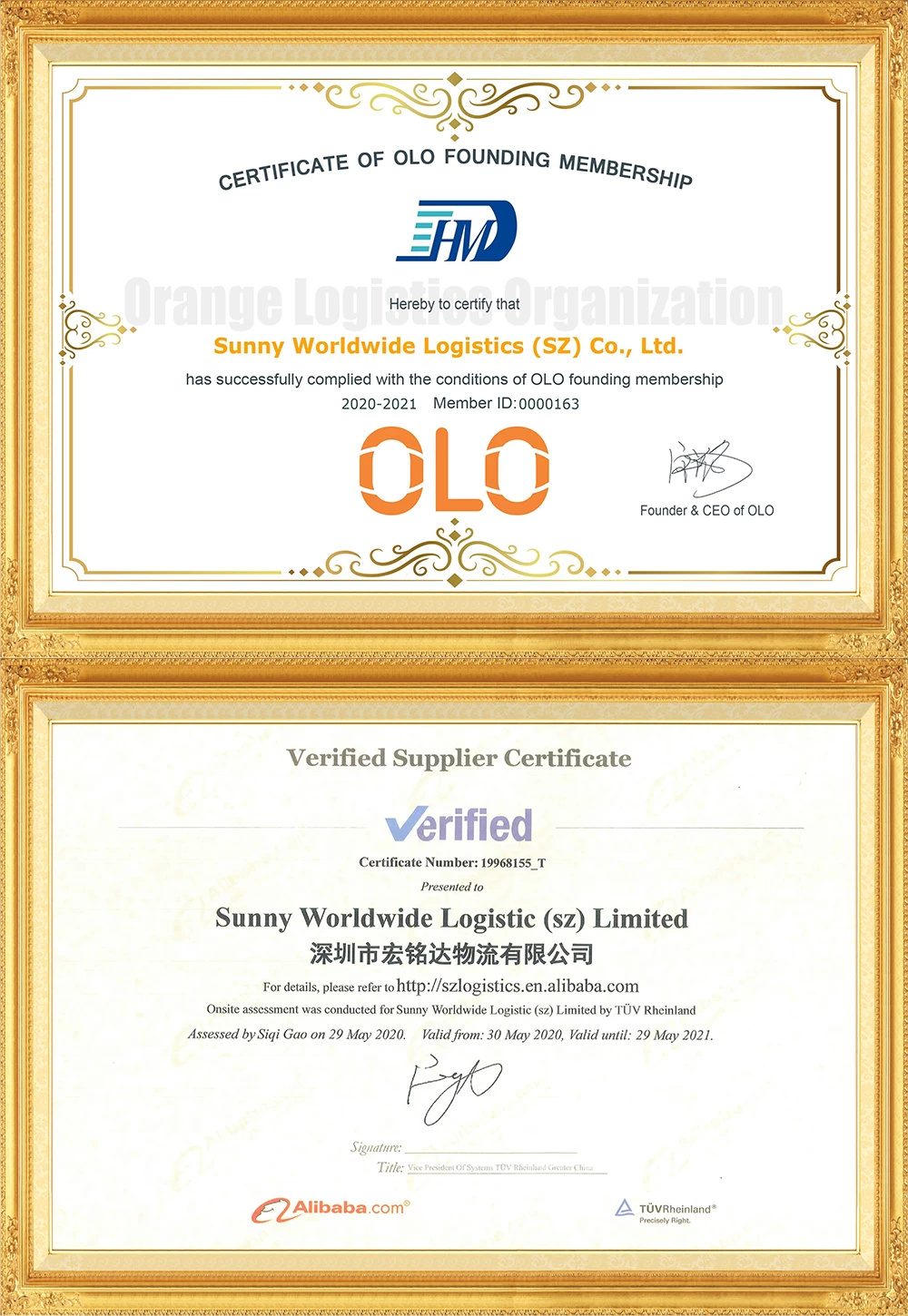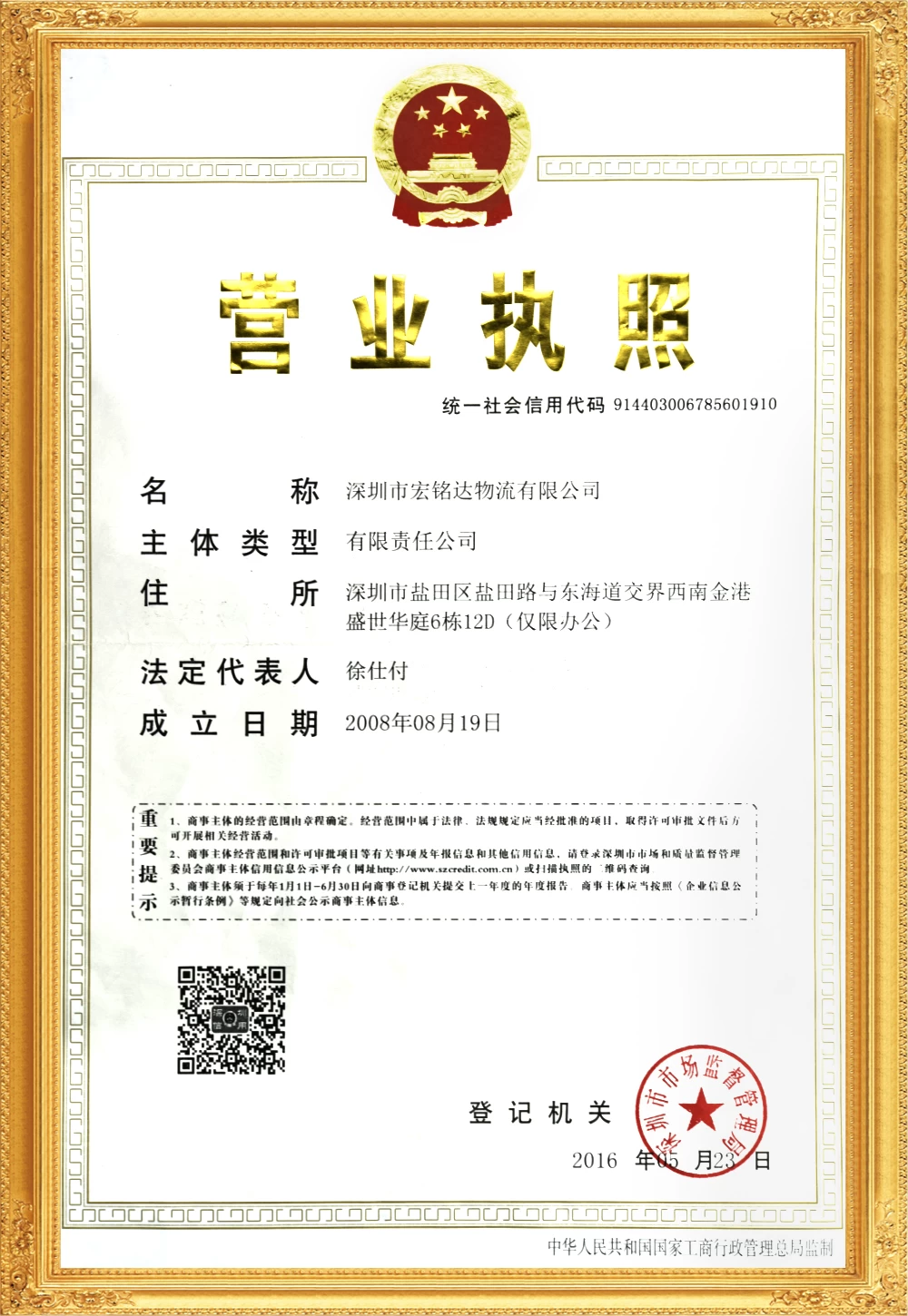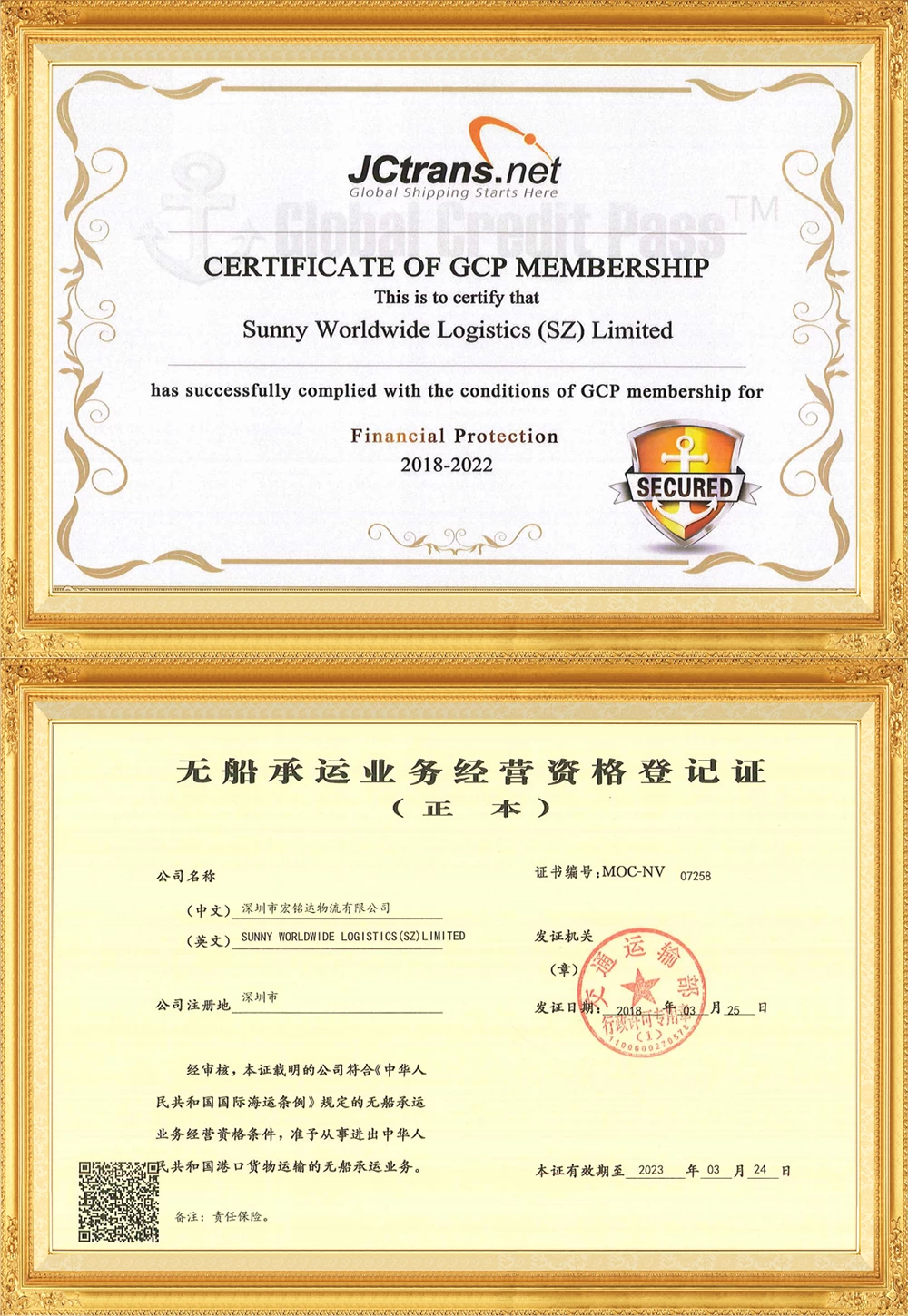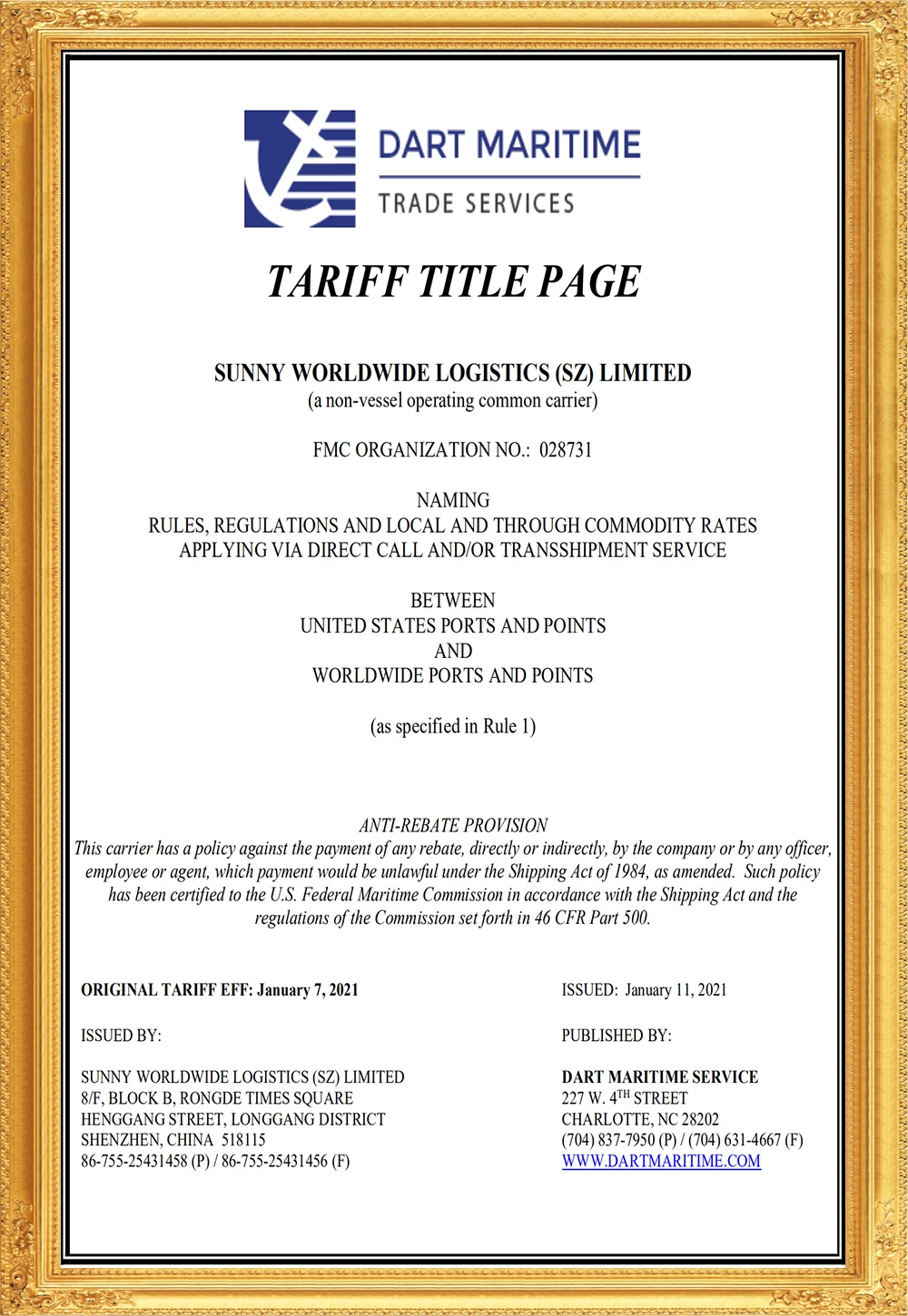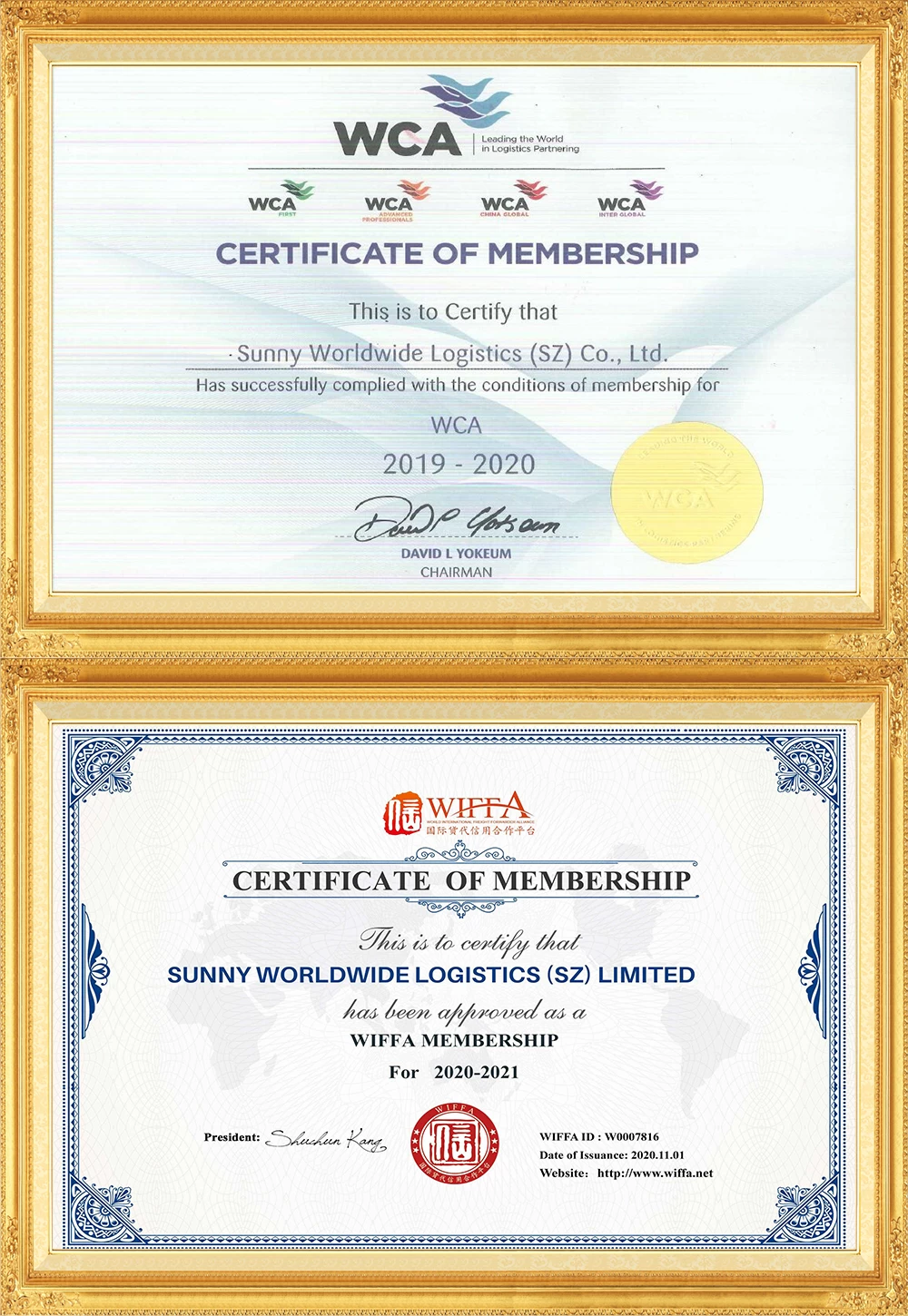With a backlog of over 450,000 TEUs, major ports around the world are facing serious congestion!
According to the latest report from Bank of America, the worsening port congestion has led to a reduction of more than 2% in the supply of container ships since March this year. Singapore, Dubai and the Mediterranean are the key congested areas, while the supply of containers in Asia is still very tight.
Linerlytica, a container consulting company, also said in its latest report: "Port congestion has once again disrupted the container market. Singapore has become the latest choke point, and its container congestion has reached an unprecedented critical level." The report pointed out that at present, a large number of ships are queuing outside the Port of Singapore waiting for berthing, and the number of backlogged containers exceeds an astonishing 450,000 TEUs. According to estimates, these ships will face a waiting time of up to seven days in queues.
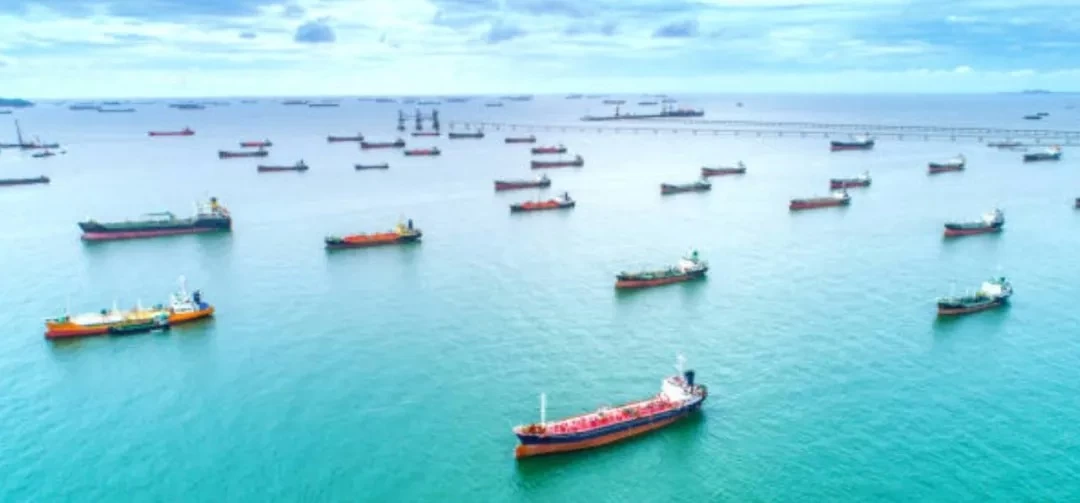
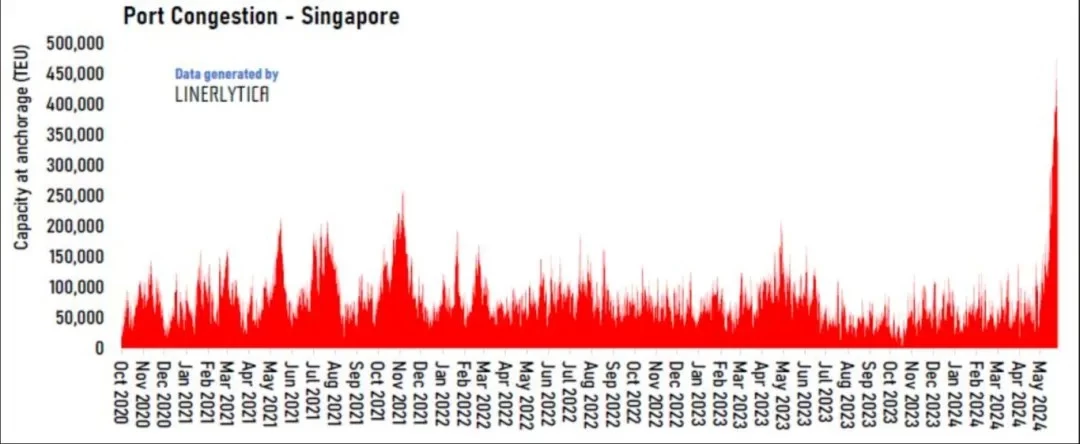
"Severe congestion has forced some liner companies to cancel plans to stop at the Port of Singapore, which will put pressure on downstream ports, which will have to handle additional container volumes," Linerlytica pointed out.
There are also a large number of container ships queuing in Shanghai and Qingdao. As the world's largest container port, the waiting time for ships in Shanghai Port has now reached the highest level in three years.
Judah Levine, head of research at Freightos, a container booking platform, commented: "Shipment delays and flight cancellations are one of the reasons for the shortage of empty containers and ship congestion in some ports in China. Singapore and Malaysia also have congestion problems." It is reported that Malaysia's Port Klang ranks eighth in Linerlytica's list of the most congested container ports today.
"The sudden surge in congestion and demand at Asian ports has absorbed a lot of capacity, and there is currently insufficient capacity in the market," analysts at Sea-Intelligence pointed out in its latest weekly report. "Carriers cancel flights not to limit capacity, but simply because they do not have idle ships to maintain weekly services when ships are stuck in congestion."
In addition, HSBC said in a report to clients: "Port congestion leads to inefficient cargo transportation. In order to ensure the punctuality of flights, some carriers choose to jump ports, further compressing the already tight capacity."
Since November last year, the conflict in the Red Sea has had a profound impact on the global shipping industry. Ship sailing plans have been forced to change, which has not only affected major ports in Asia and Europe, but also brought unprecedented pressure to the global supply chain. As the conflict continues, the shipping industry is expected to face more challenges and uncertainties in the future.
If you want to find a reliable freight forwarder in China, welcome to Sunny Worldwide Logistics Try a small order, we Sunny Worldwide Logistics Have your own in Shenzhen 1800 A flat Grade A office building will not hide your name and wander around the world because of your high value.



